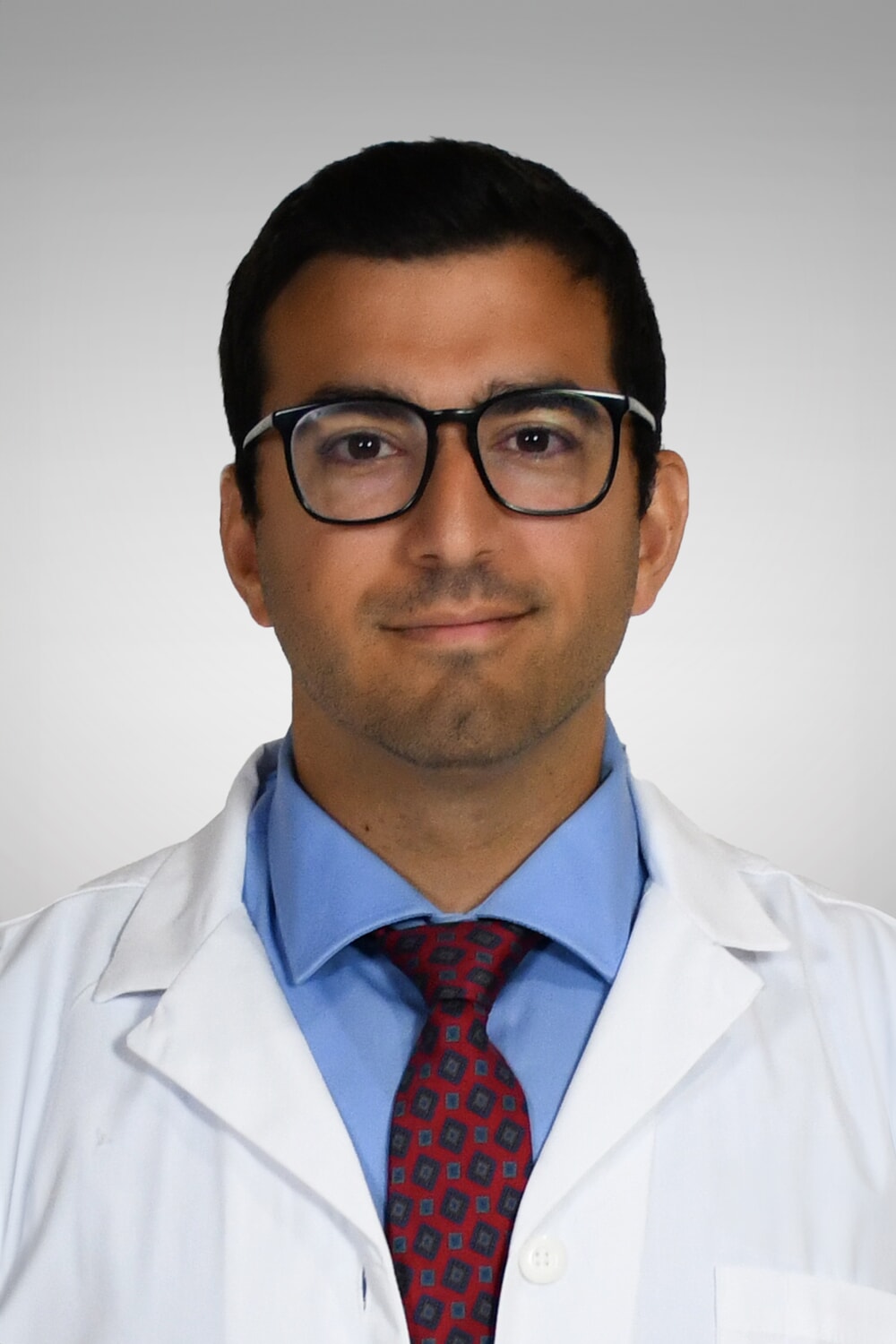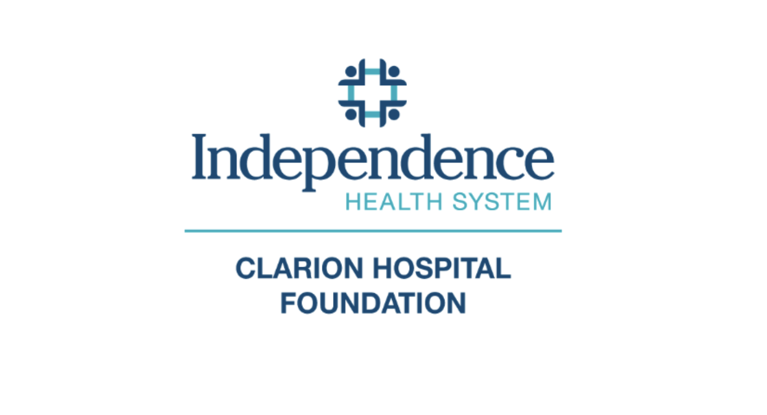Losing Weight and Managing Obesity
- Category: Blog, Health & Well-Being, Primary Care, Weight Management Center
- Posted On:
- Written By: Jon Nicassio, DO

What Is BMI and Why Does It Matter?
The first step in managing obesity is understanding your Body Mass Index (BMI). BMI is a measurement that takes your height, weight, and often waist size into account. It is a commonly used general measurement to estimate body fat. It’s not perfect, but it helps doctors to categorize someone as normal weight, overweight, obese, etc. It provides a baseline for understanding a patient’s overall physical health.
Five Key Strategies for Managing Obesity
Whether you're just starting your weight loss journey or have been working on it for years, a structured plan can make a world of difference. Many doctors have different ways to approach weight loss in patients, but they work to standardize the treatment steps as much as possible. That said, there are five foundational strategies most often used in clinical settings:
Start with the Conversation
Before any treatment begins, it’s important to start a conversation with your doctor. You can expect to be asked things like: What’s going on in your life? What matters to you? Answering those questions can help your doctor understand your mindset so they can most effectively develop a plan of action tailored to your needs.
Reevaluate Food Choices
Food plays a major role in culture, family, and emotions. Understanding that connection is key to creating a personalized approach. Patients are asked what their current diet consists of, what they enjoy eating, and what types of diets might be more manageable or intriguing to them. Dietary changes might include low-carb, plant-based, Mediterranean, or simply smaller portions. The goal is not restriction — it’s long-term sustainability.
Move Your Body
Moving your body or physical exercise looks different for everyone. It doesn’t mean you need to hit the gym every day, unless you want to! Walking, gardening, dancing — any physical activity you do burns calories. The key is movement, however that looks for you.
Consider Medications
If lifestyle changes aren’t enough or don’t seem to be working as well as desired, medications like Ozempic or Wegovy, the popular GLP-1 receptor agonists currently at the forefront of the weight loss medication craze, may be discussed and considered. These drugs have helped many patients jumpstart their weight loss efforts, but they are not a guaranteed fix. Each patient should consider how the potential risks and benefits may affect them before deciding to proceed.
Bariatric Surgery
Bariatric surgery is considered when other methods have not been successful. For surgery to become an option, some criteria must be met. BMI must be 35 or higher, and the patient is expected to have completed a long trial of the diet, exercise and weight loss medication with unsatisfying results.
Small Changes, Big Results
One of the most encouraging takeaways? You don’t have to lose a lot to make a difference. Patients are usually encouraged to start by aiming for a 5-10% reduction in starting weight or BMI to avoid becoming overwhelmed or discouraged. Taking weight loss in small increments, even if it takes a while, is one of the most common ways to stick to the goal. Even small progress leads to significant health benefits, and it’s important to celebrate every step forward. If you are making progress, you’re doing a fantastic job! In the end, it’s about meeting people where they are and walking the journey with them, no matter how long it takes.

Dr. Jon Nicassio.is a Family Medicine Physician in the Westmoreland Area. This blog is based off of an interview he did with KDKA Radio in June 2025. Listen to the interview here.



